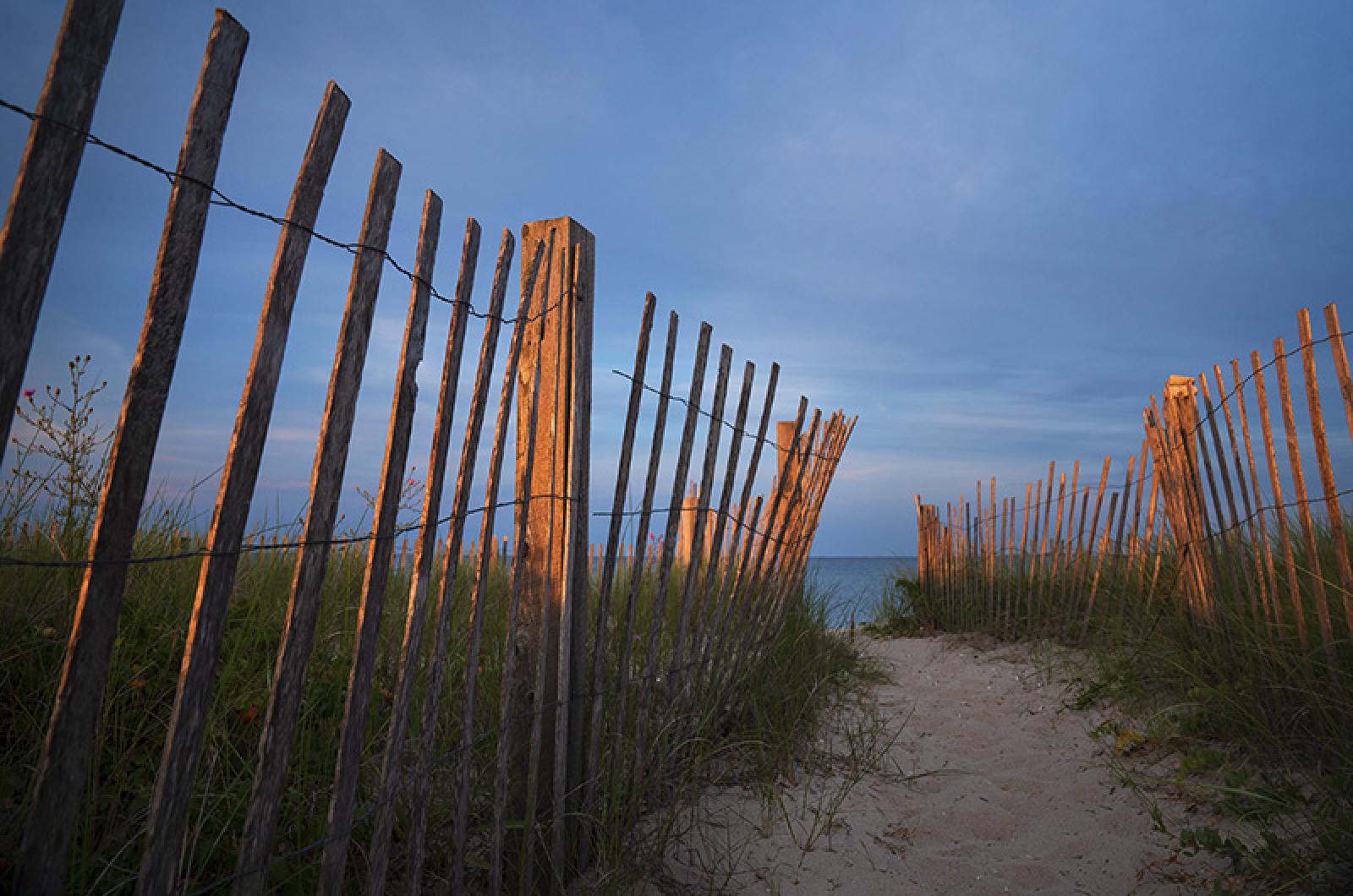Walking on the beach at Chappaquiddick in June a few days after my 50th college reunion, I suddenly saw the humor in all my life’s struggles.
It was so simple: I’ve always been one struggle behind.
Just like the proverbial general planning for the previous war, I arrived at college in 1965 triumphantly prepared, at last, for high school.
The task ahead, I assumed, would be to measure up, to meet expectations, to face the world bravely no matter how I felt inside.
At 18, I had become good at this. Like J. Alfred Prufrock — whom I had met, along with the word “whom,” in high school English class — I knew how “to prepare a face to meet the faces that you meet.”
What a surprise it was then to discover that in college the task would be to turn inward, and bravely come face-to-face with ourselves.
If that encounter disturbed our universe, so be it. College was actually designed to push us out of the protective shell of our adolescent selves.
If we did some inner work in college, we would undergo a sea change. Like horseshoe crabs molting in Vineyard Sound, we would wriggle free of our old selves — strangely vulnerable but liberated. We would begin life anew.
The task after college, obviously, would be to make something of our new and beautiful selves.
But as the rest of the Harvard Class of 1969 graduated and moved on to law school and great achievements, I remained behind in inner struggle. I moved to the Vineyard and worked as a house carpenter, attempting to create a sea change all by myself. Ultimately, though, I was just creating a new persona. Inside, I was still trapped.
I don’t know how horseshoe crabs do it, slipping so effortlessly from their tightening shells. They do it a dozen times as they grow to maturity, and they have been doing it for 360 million years. What a species! I struggled all the way into my 40s to free myself. It required help, too, from a loving wife and a 12-step program.
By the time our 25th reunion rolled around, I was a happy man at last. But I still felt uneasy about attending this celebration of achievement. I had nothing much to report, beyond a New Mexico newspaper job. My wife and two daughters went with me to the reunion.
What a surprise it was to discover that our families were the main event. My four roommates had no interest in talking about their law practices or international careers. They wanted me to meet their wives and kids. We all spent a memorable week together on Chappy after the reunion.
As we gathered for our 50th reunion this spring, I imagined it would be a celebration of maturity. We would stand together at this high water mark in our lives, grateful to have found our way to satisfying personal relationships and meaningful work.
And that was true. But the 50th also turned out to be a confrontation with mortality.
When we headed down to the Vineyard after this year’s reunion, no children went with us. They were all busy with their own lives and their own children. We were just three couples. We were careful on the long wooden stairs down to the beach.
Walking that beach, I was startled by the erosion that is eating away the tall, sandy cliffs that face Edgartown harbor. When I was a kid on Chappy in the 1950s, this beach was 20 feet wide. Now due to climate change, high tide comes right to the foot of the cliffs. It’s unnerving.
“We are doomed,” a voice inside me said. And the “we” was expansive: We the people who love beaches and the Vineyard; we the people of the entire planet, confronting rising seas and temperatures; we aging boomers, about to disappear into the sea of time like those sandy cliffs.
But it’s not true. We are not doomed. We are called.
In 1969, many of us took to the streets across America to help turn the tide of public opinion against the Vietnam War. Another struggle now calls us. It‘s the fight for renewable energy and climate justice. It’s the fight for our grandchildren’s future.
Just when I thought it was time to rest, I am being pushed into action. But I’m smiling. At last, this old horseshoe crab is ready to come out of his shell and grow.
Tom Harmon is a writer who lives in Albuquerque, N.M.




Comments
Comment policy »